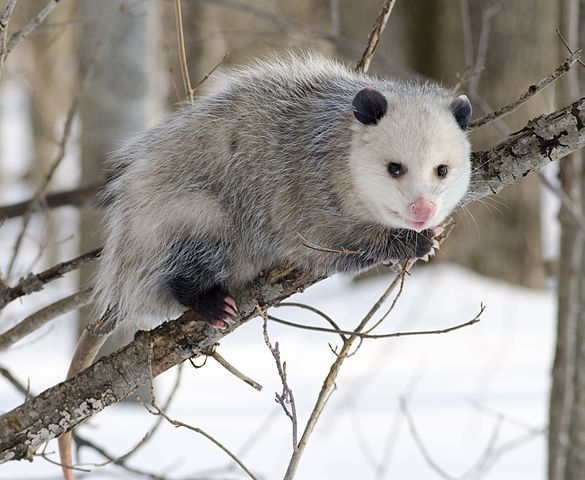Communities Raise Their Voices on Genetic Engineering
By Amy Dockser Marcus,
The Wall Street Journal
| 07. 27. 2018
In recent years, scientists have begun using the gene editing tool Crispr to experiment in the laboratory with altering embryos and changing the DNA of animals. But the consequences of using the technology outside the lab are hard to predict—and potentially enormous. As a result, a world-wide debate is under way about how much say ordinary citizens should have over the use of Crispr in their communities.
Earlier this month, Richard Johnson, a biologist who runs the Martha’s Vineyard Tick-Borne Illness Reduction Initiative, attended a discussion of Mice Against Ticks, an ambitious project working on using the Crispr gene editing tool to create mice resistant to the bacteria that causes Lyme disease. Someday, the genetically engineered mice might be released on Martha’s Vineyard and neighboring island Nantucket, where they could breed with the local mice and pass on the immunity to their offspring. Ticks that feed on the mice would not become infected, so they would not transmit the pathogen to humans, lowering the incidence of the disease.
Mr. Johnson believes that the scientists can find a way to make...
Related Articles
By Jonathan Matthews, GMWatch | 12.11.2025
In our first article in this series, we investigated the dark PR tactics that have accompanied Colossal Bioscience’s de-extinction disinformation campaign, in which transgenic cloned grey wolves have been showcased to the world as resurrected dire wolves – a...
By Jessica Hamzelou, MIT Technology Review | 11.07.2025
This week, we heard that Tom Brady had his dog cloned. The former quarterback revealed that his Junie is actually a clone of Lua, a pit bull mix that died in 2023.
Brady’s announcement follows those of celebrities like Paris...
By Lauran Neergaard, AP News | 11.03.2025
WASHINGTON (AP) — The first clinical trial is getting underway to see if transplanting pig kidneys into people might really save lives.
United Therapeutics, a producer of gene-edited pig kidneys, announced Monday that the study’s initial transplant was performed successfully...
By Meagan Parrish, PharmaVoice | 10.10.2025
When CEO Ben Lamm steps into the spotlight, it’s usually to talk about his efforts bringing extinct animals back to life. Once a far-flung idea, Lamm and the company he heads, Colossal Biosciences, have proven they can pull it off...




